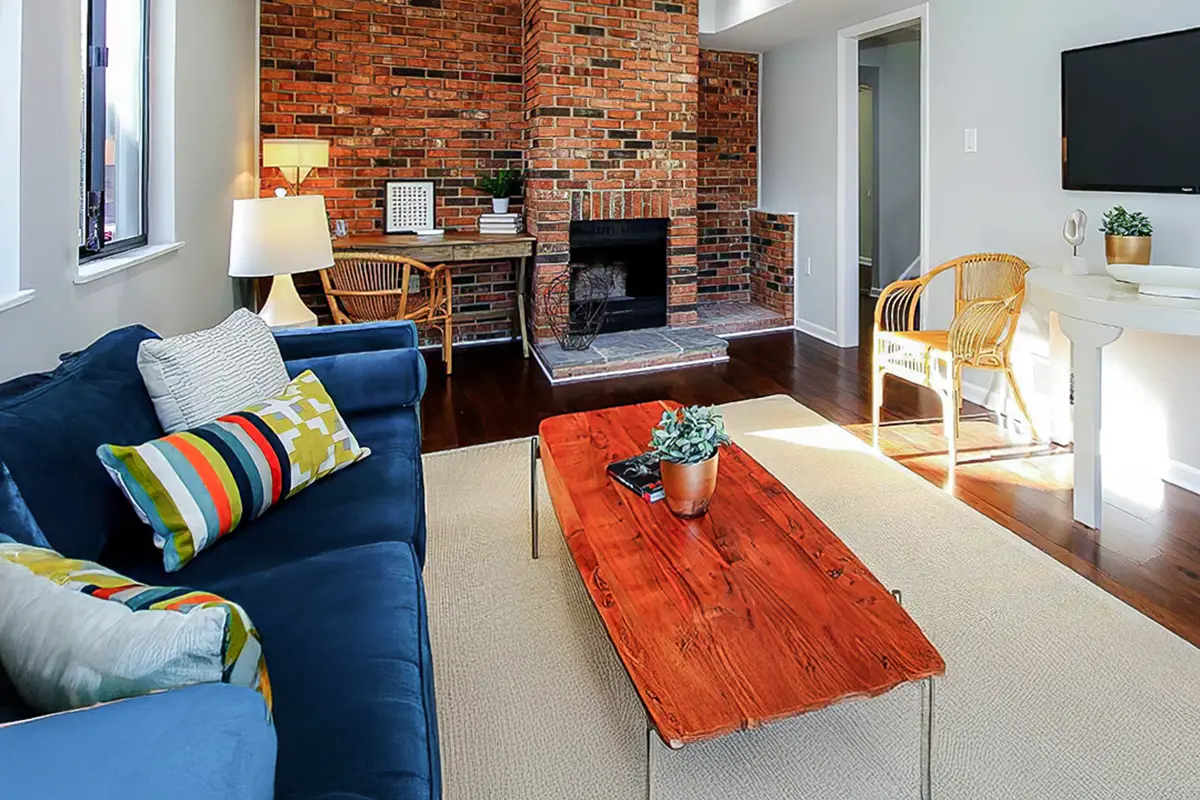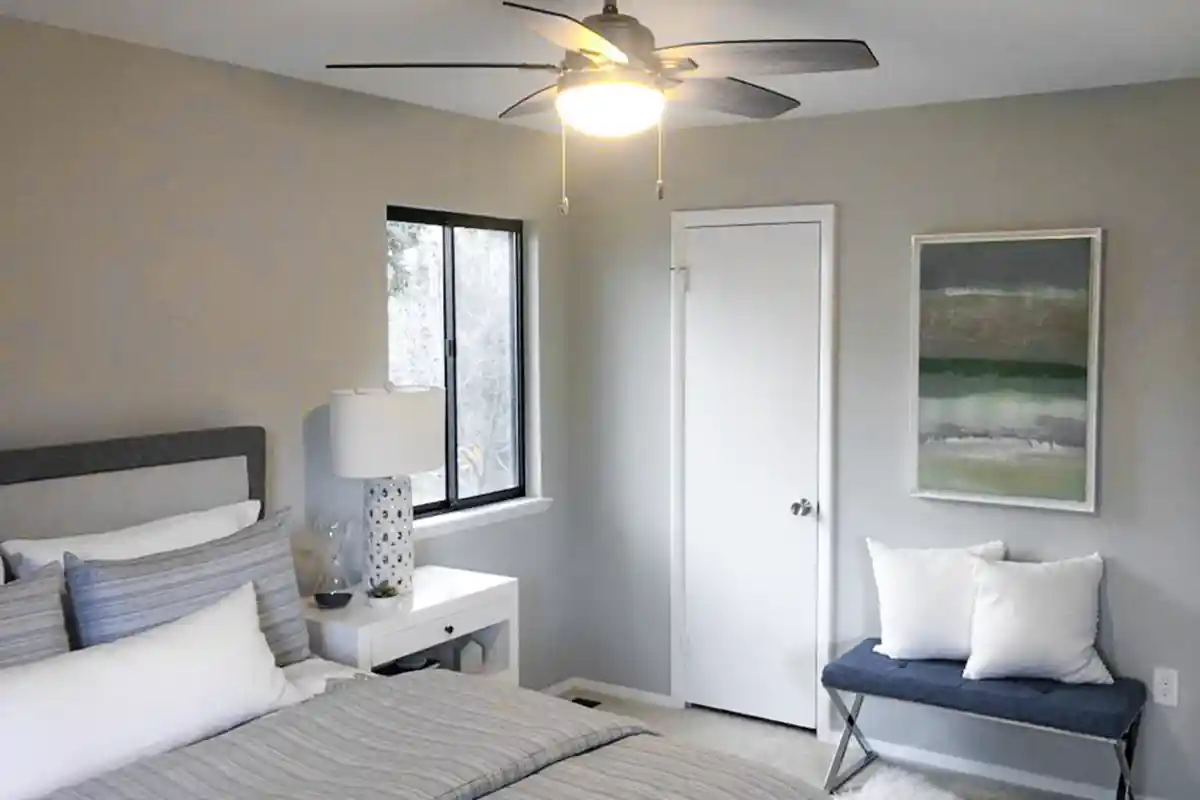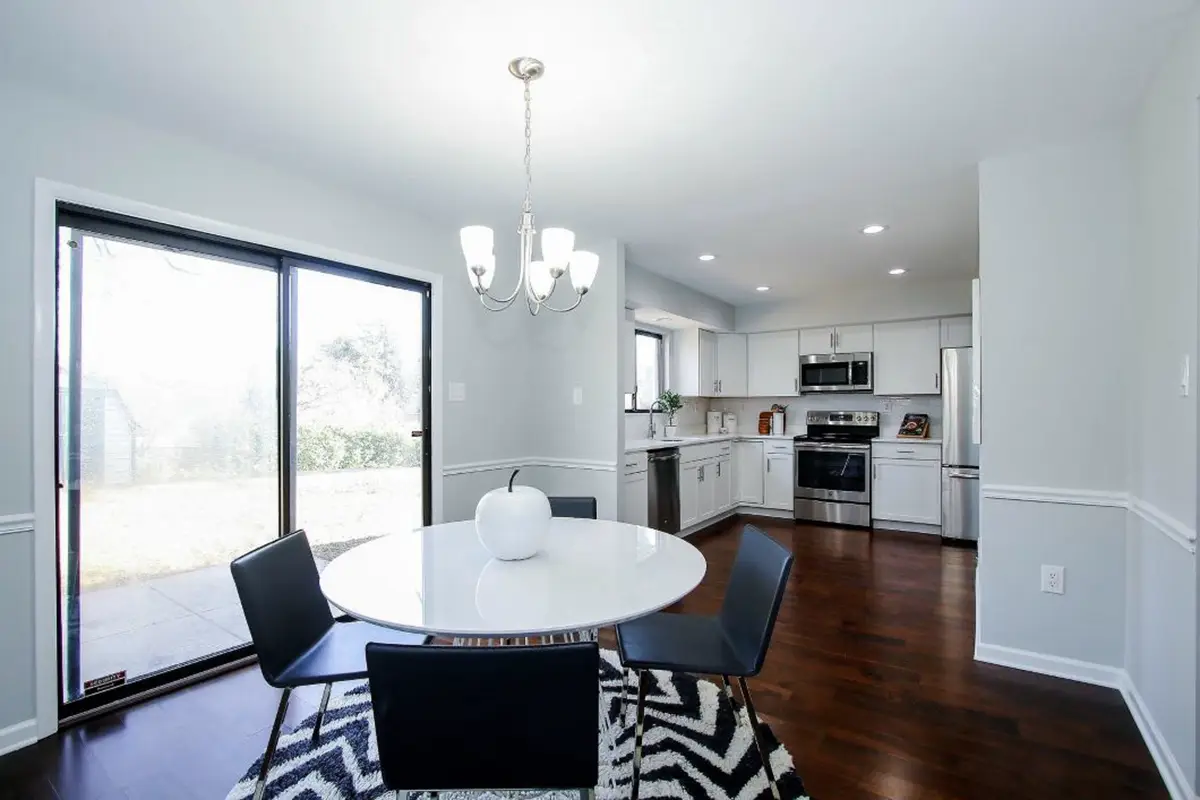
Best interior painting techniques for a flawless finish
A fresh coat of paint can completely transform a room but achieving that smooth, professional look requires more than just a brush and a bucket. From surface prep to the right application methods, mastering the details is what separates a DIY job from a polished, high-end result. In this blog, we’ll explore the best interior painting techniques used by professionals to help you get a flawless finish every time.

Prepping the Surface the Right Way
Before painting, clean walls thoroughly and repair any imperfections like holes, cracks, or dents. Light sanding smooths the surface and helps the paint adhere better. Don’t skip primer especially over new drywall, patched areas, or dark colors. A well-prepped wall creates the foundation for a seamless finish.
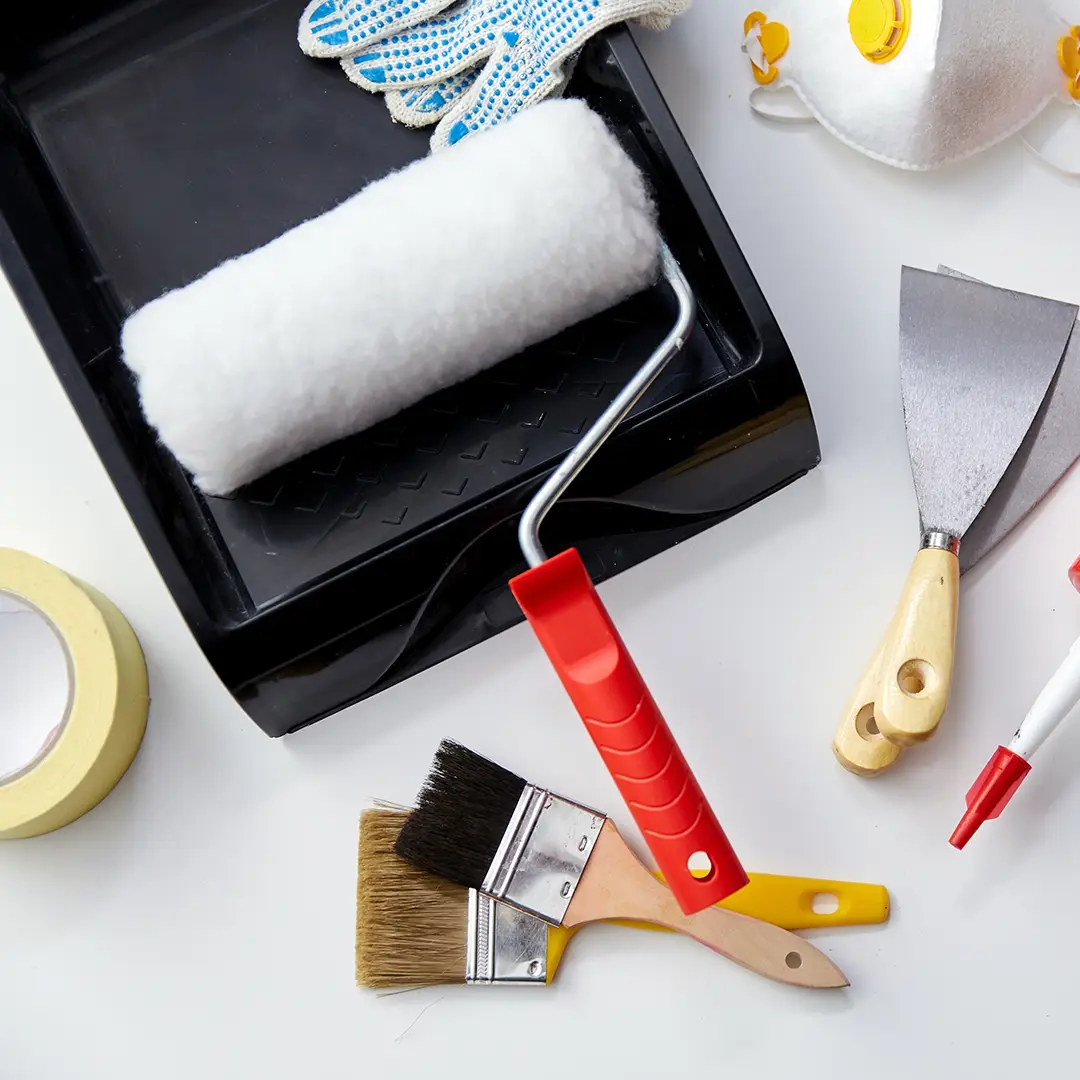
Choosing Quality Tools and Materials
Professional-grade brushes, rollers, and painter’s tape make a big difference in application. Select the right roller nap for your wall texture, and use angled brushes for cutting in along trim or corners. Opting for high-quality paint also ensures better coverage, fewer coats, and a more durable result.

Mastering the Cutting-In Technique
Cutting in means painting along the edges near trim, ceilings, or corners before using a roller. Use a steady hand and an angled brush to create sharp lines and avoid overlap marks. Professionals often cut in one wall at a time and immediately roll it to blend the edges perfectly.
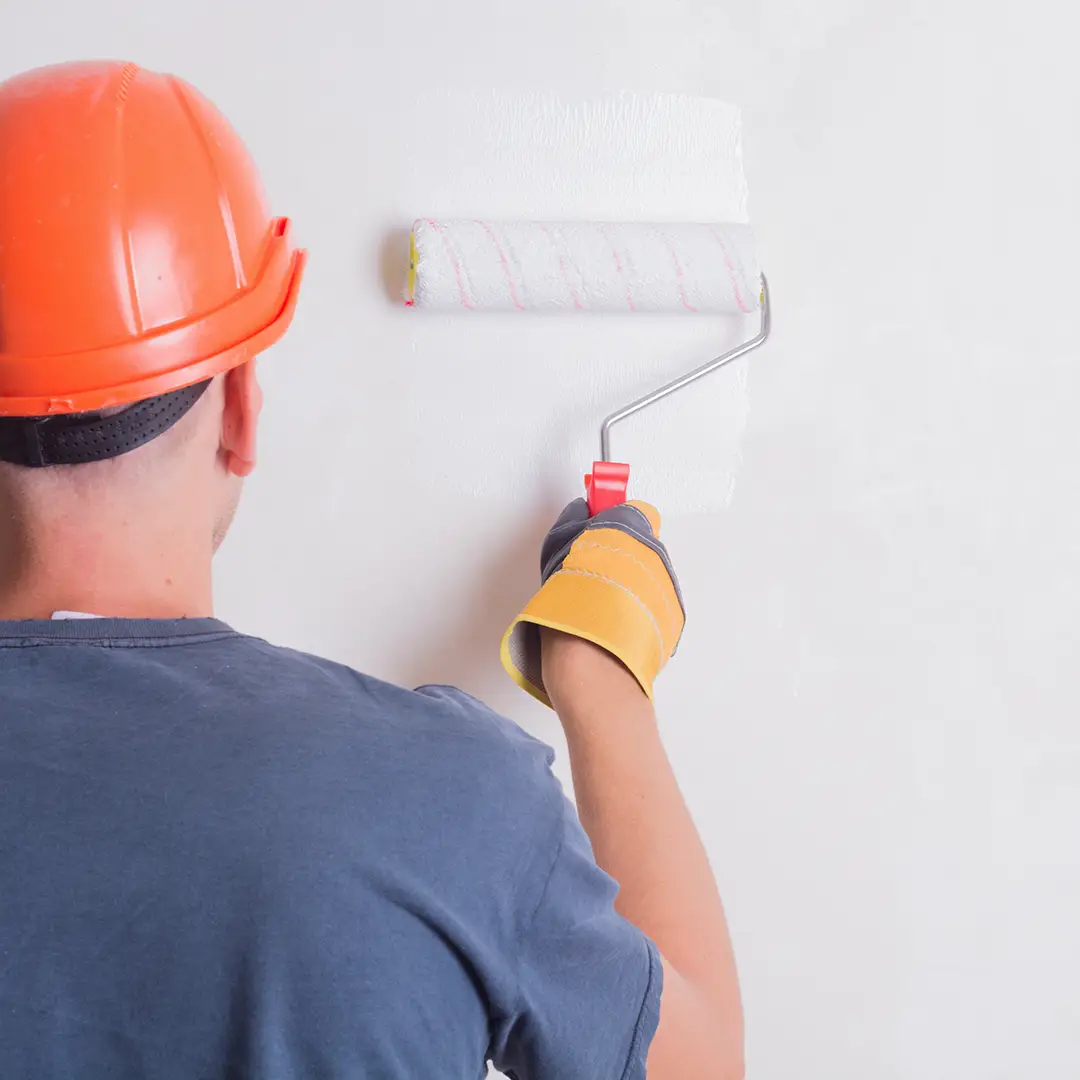
Applying Paint in Even, Overlapping Strokes
When rolling paint, use a “W” or “M” pattern to distribute it evenly. Then go back over the area in long, vertical strokes to level the coat and eliminate lines. Maintain a wet edge to avoid lap marks and always let the first coat dry fully before applying a second.

Finishing Touches and Clean Edges
Once dry, inspect the walls in natural light and do touch-ups as needed. Remove painter’s tape carefully to avoid pulling up fresh paint, and use a fine brush for any final corrections. The small details like crisp trim lines and smooth corners are what elevate the end result from good to great.
Related articles
